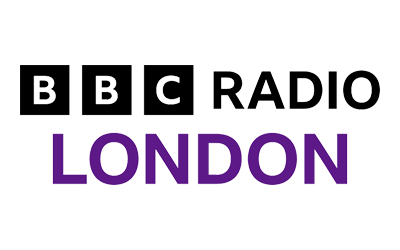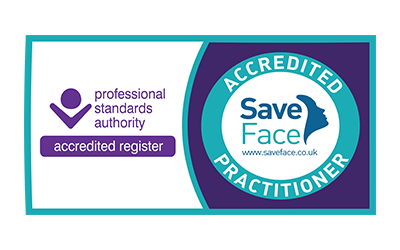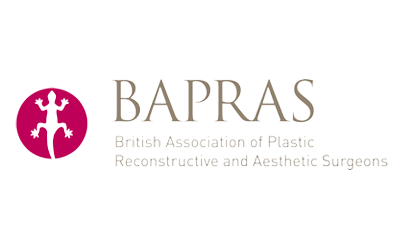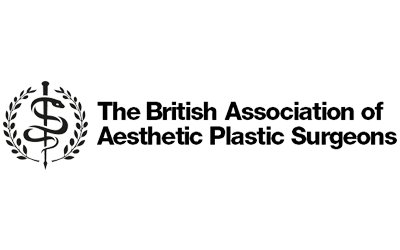Is the tummy tuck operation dangerous?
There are risks associated with a tummy tuck or mini tummy tuck procedure, these can include infection, seroma, blood clots and Haematoma.
There is an element of risk in any operation, but when performed by a highly qualified and experienced cosmetic surgeon these risks are minimised.
Potential tummy tuck side effects, risks and complications
Complications associated with the tummy tuck operation include:
- Mild infection – this is relatively common, but usually clears up within a fortnight of the procedure
- Haematoma – this is essentially a severe bruise – a collection of blood under the skin in response to bleeding. Surgical drainage may be required
- Seroma – a collection of plasma under the skin, causing swelling in the lower abdomen. This is treated by wearing a compression garment, or drainage in more extreme cases. Mr Karidis uses internal quilting sutures, which drastically reduce the likelihood of developing seroma
- Blood clots – these are very rare and Mr Karidis stipulates that patients wear TED stockings before the operation in order to reduce risk.
- Numbness — sometimes, you may feel some numbness in the area post-surgery, but this will usually disappear in the months after your surgery, and skin sensations will return to normal.
- Tissue damage — sometimes there might be some tissue damage (smoking increases this risk). You might need a surgical touch-up to fix this, or it might heal naturally.
The procedure generally results in some discomfort, particularly during the first week as the body recovers. We provide a pressure garment and pain relief medication after the operation to reduce this.
What is a tummy tuck?
Abdominoplasty – commonly known as a ‘tummy tuck’ – is a procedure which tightens the abdominal muscles, reducing excess skin and fatty tissue from the middle and lower abdomen.
A tummy tuck is designed to reduce a drooping or protruding abdomen, resulting in a firm, flat stomach. For this reason, you can sometimes achieve more significant results by combining the tummy tuck with liposuction.
What does the tummy tuck operation involve?
Abdominoplasty is performed under general anaesthesia. A long incision is made from hip to hip, beneath the bikini line if possible. An incision is made around the umbilicus (tummy button) to free it from surrounding tissues. Skin and fat is then peeled off the abdominal wall up to the lower rib cage.
The exposed muscles are stitched together in order to create a narrow waist, increasing the firmness of the abdominal wall. Any extra tissue is removed and drainage tubes are placed under the skin to collect any extra fluid that may accumulate. A new hole is made for the umbilicus and the flap of skin is reattached to the initial incision.
Due to the fact that abdominoplasties require general anaesthetic, an overnight stay at the clinic is necessary. After the operation you’re put on a drip to provide fluids and antibiotics. A compression garment is worn to reduce swelling and bleeding.
Drainage tubes are usually removed within 48 hours of the operation. Mr Karidis uses absorbable sutures, so there is no need for any stitch removal.
Is general anaesthesia dangerous?
General anaesthetics, when correctly administered, are largely safe and represent much less of a risk than the operation itself. However, general anaesthesia is associated with a variety of side effects as well as a few rare but serious complications.
Common side effects of general anaesthetic include:
- Nausea, dizziness and vomiting
- Shivering
- Confusion and memory loss
- Bladder problems
- A sore throat or mouth (from the breathing tube)
Serious complications of general anaesthetics include:
- Anaphylaxis (an allergic reaction to the anaesthetic)
- Waking up during an operation
- Death (1 in 100,000 operations)
It is extremely rare that such severe complications result from cosmetic surgery procedures, however – they normally occur as a result of emergency surgery, when the risks associated with general anaesthesia are exacerbated by trauma.
You will meet your anaesthetist before the operation to discuss your medical history, lifestyle and any other factors (such as allergies) in order to minimise such risks.
To find out more about Liposuction at our London clinic, call us on 020 3811 5982 for a friendly chat.















